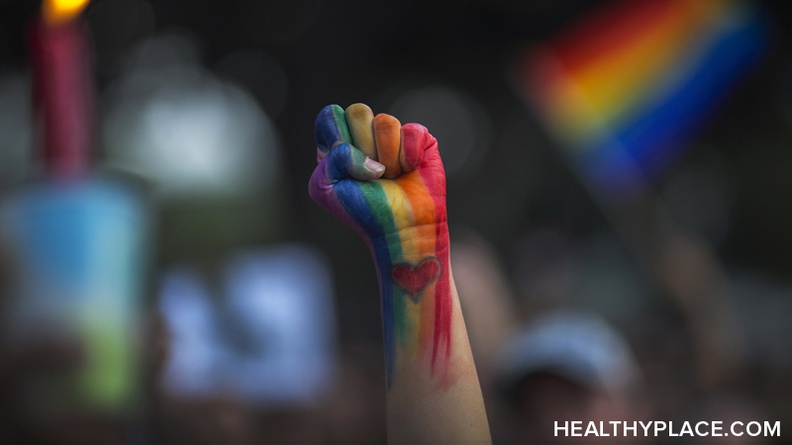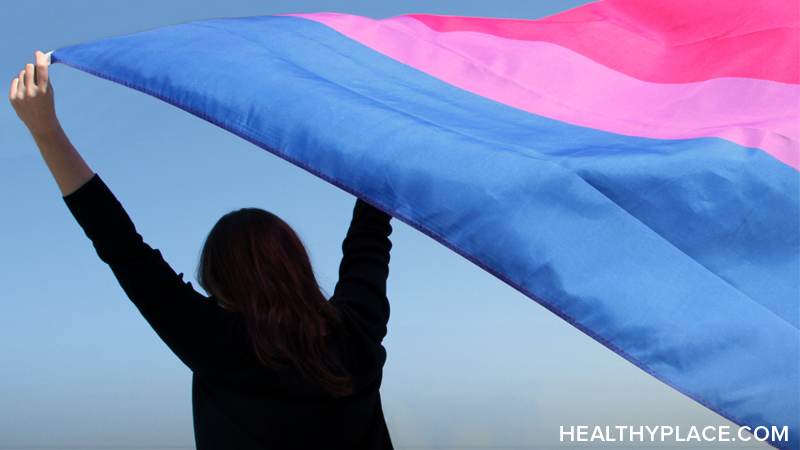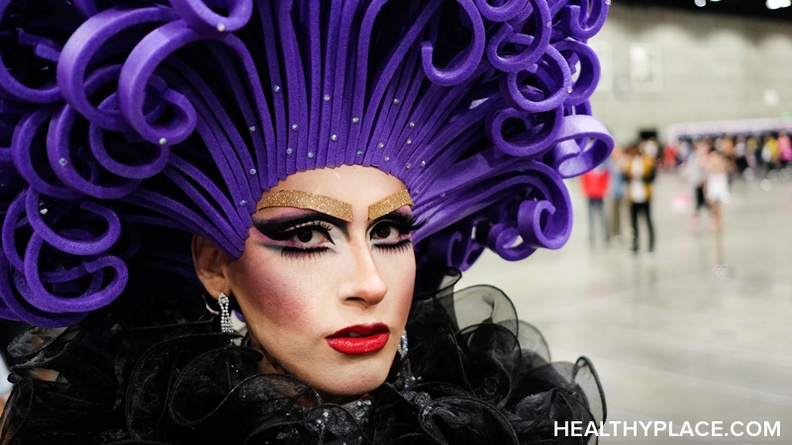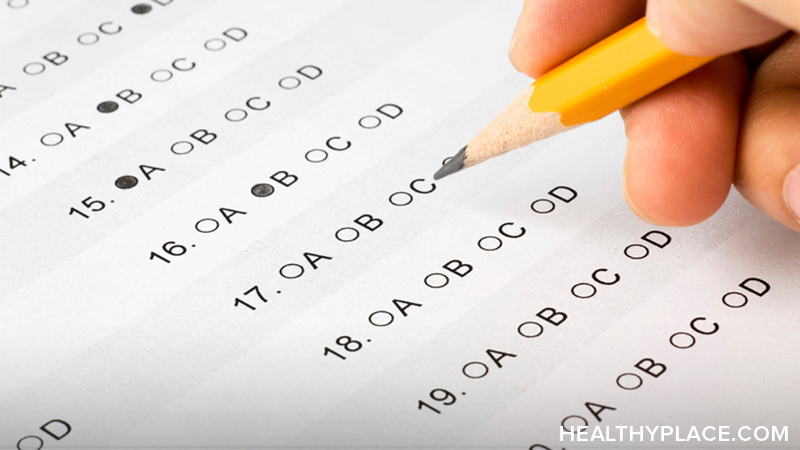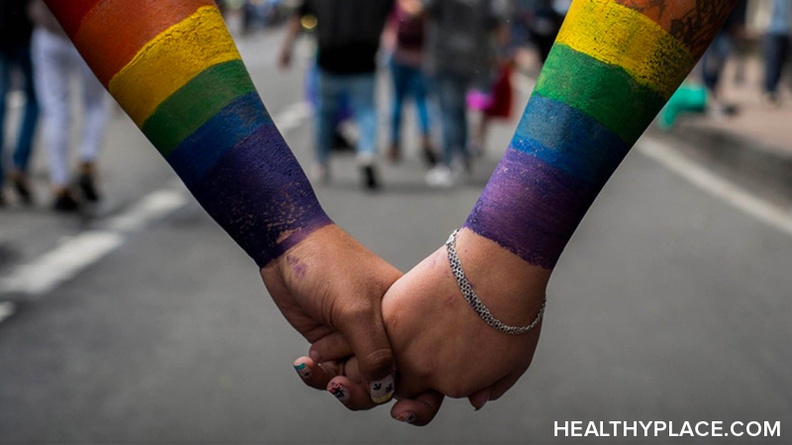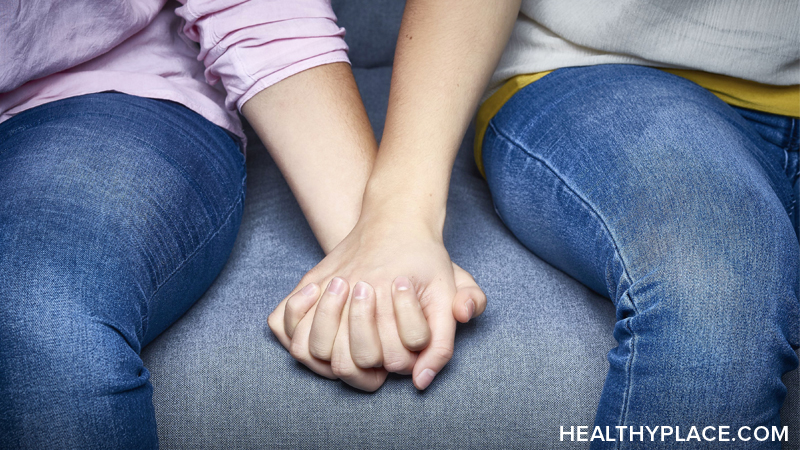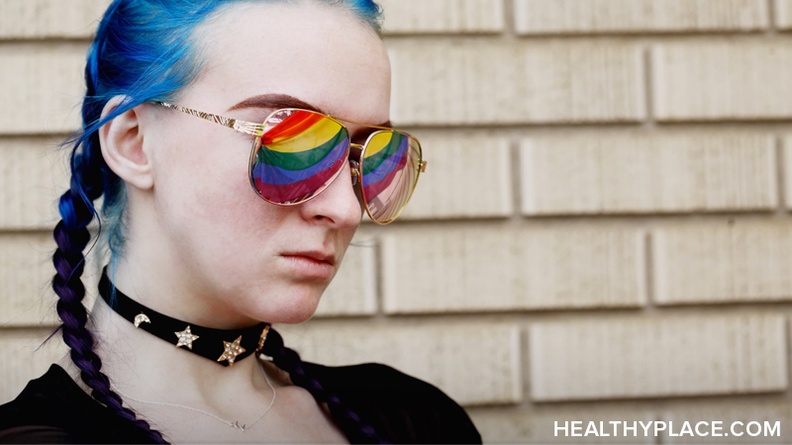What is Coming Out and Should I Come Out of the Closet?
What is Coming Out?
"Coming out of the closet" is the process of admitting you are gay, lesbian, bisexual, transgendered, questioning/queer, intersex, asexual, etc.. The first and most important step is admitting your sexuality to yourself. You may or may not choose to tell others you are gay; however, each time you tell someone, you are coming out again.
Coming Out of the Closet – Should I?
Coming out of the closet is an important and logical step once you have realized and accepted your sexuality. It is important, however, to not rush this step. Before coming out to your family, friends, classmates or co-workers, consider some of the following coming out advice and make sure you read this article on the top 4 ways you shouldn't come out LGBTQIA+.
Coming Out Advice
This is the single most important question to ask yourself when coming out is "why?" There are both good and bad reasons to come out. One example of a bad reason would be to hurt or shock others. Coming out should be about personal liberation, not to hurt others; as, generally, the one getting hurt in the end is yourself.
Positive reasons to come out might be:
- Because you are proud and comfortable with yourself as a person
- Because you feel uncomfortable keeping your sexuality suppressed
- Because you want to meet others who share your sexuality
Coming Out Can Be Liberating
Most people say that coming out has been a positive and liberating experience for them, as if a massive weight has been taken off of their shoulders. This may be because a deep secret has come out into the open and no longer needs to be hidden; this removal of burden is viewed as a positive.
The Risks of Coming Out
There are different risks depending on the different people to whom you choose to come out. If you still live at home and choose to come out of the closet to your parents, they may not accept it and could respond by placing certain restrictions on who you can see and when. A school setting can also be unfriendly to LGBTQIA+ youth. Unfortunately, taunting and even hazing can still exist in some schools.
Coming out at work can have its own risks as well; however, it is illegal in 31 states to be fired because of sexual preference.
Even with some of the negative reactions that could be present, most people find coming out of the closet to be a positive step.
Advice on Preparing to Come Out
To prepare yourself for coming out, you should consider the following coming out advice:
First, accept yourself
Before coming out of the closet you must be sure and positive about it yourself. If you still have doubts, it might be necessary to discuss it with a close friend or family member first.
Find the right time
Timing can also be an important aspect to consider. Choose a time when you and the person you are coming out to have plenty of time to talk. Also, make sure you select a time that is unlikely to be emotionally charged due to stress or fatigue.
Be calm
Think about your emotional state and be aware that you may get nervous, which under the circumstances is perfectly normal. It might be unwise to come out when you are angry or sensitive as this may affect your delivery. Also, decisions of this magnitude should never be made under the influence of alcohol.
Be ready to accept the consequences
Come out only when you are ready and willing. One man said he was ready to come out when he knew that, if necessary, he could live without his family's support. Fortunately, for him, things never progressed this far. However, it's important for you to understand the possible consequences and reactions to coming out)
Choosing Who To Come Out To
How do you choose the person to come out to? Consider this coming out advice.
Find the person you consider to be the most supportive and make him or her the first person you come out of the closet to. A good place to start might be with a good friend, someone who has a lot of gay friends or someone who is already gay.
Check school or workplace policies
If you are considering telling a teacher at school, you should find out that school's policy on confidentiality because they might be required to tell someone else. If you work for someone, depending on the size of the company you work for, there may be policies in place to deal with discrimination against a person because of their sexuality. However, before coming out at work, it's important to be aware that employees gossip and managers can discriminate in a way that isn't obviously based on your sexuality.
Coming out to your family
One of the best reasons to come out of the closet to your family is to become closer with them. You may want to start off with a sibling because it might be easier for them to understand homosexuality. You could also choose to tell one parent first and then use that parent's help to tell the other.
Understand the consequences
Although understanding and acceptance of homosexuality is growing, homophobia still does exist. Word has a habit of spreading fast. Be aware that people might find out quickly, and you must be ready for that.
You may feel comfortable in coming out your friends, but telling parents can get tricky, especially if you still live with them since they have a lot of control over your life.
Get educated
It is important to understand what it means to be gay, lesbian, bisexual or transgendered. The people you come out to may have some questions and it is important to have answers for them.
Get support
It would be nice to have at least one person who you know will be supportive and accept your decision. Coming out of the closet can be a very tough process and having at least one person on your side can help get you through the process. You might also consider contacting and/or joining a gay support group or gay support organization to get the support you need.
APA Reference
Tracy, N.
(2022, January 10). What is Coming Out and Should I Come Out of the Closet?, HealthyPlace. Retrieved
on 2025, November 7 from https://www.healthyplace.com/gender/coming-out/what-is-coming-out-and-should-i-come-out-of-the-closet
